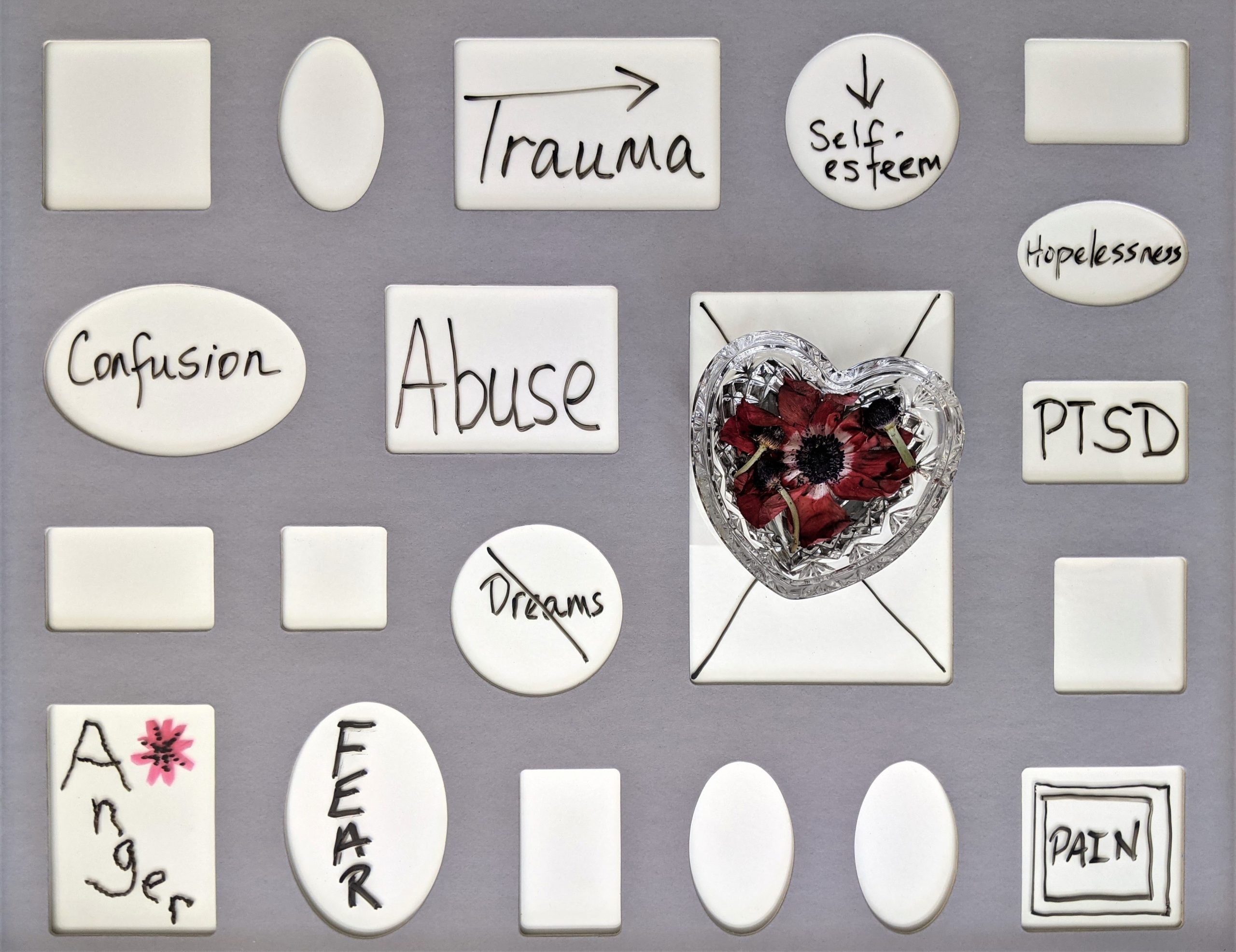As we move through life, our past experiences have a profound impact on how we view the world – but what if those experiences aren’t just ours? What if they’ve been passed down through generations, shaping not only us, but our families and communities as well? Intergenerational trauma is a real phenomenon that affects countless people today – but healing from it is possible. In this post, we’ll explore four steps you can take to overcome the legacy of pain left by your ancestors and start living a more fulfilling life in the present. So let’s dive in!
What is Intergenerational Trauma?
Intergenerational trauma often refers to the emotional and physical wounds inflicted on children by their parents or other caregivers during their early development. These traumas can have a lasting impact on a person’s psychological wellbeing, which can lead to difficulties in relationships, work, and overall life satisfaction.
There is no single answer to resolving the effects of intergenerational trauma, as each individual will experience it differently. However, there are several key steps that can help improve the situation:
1.cknowledge the trauma exists – first and foremost, it is important to recognise that intergenerational trauma exists and that it has a significant impact on individuals. This can be difficult, but it is crucial in starting the process of healing.
2. talk about it – talking about the trauma with others who understand how you’re feeling can be incredibly helpful in managing those feelings and begin to heal. It is also important to remember that not all conversations need to be about the traumatic event itself; discussing anything related to your experiences (good or bad) can also be beneficial.
3. find support – whether that means therapy, counselling, friends/family members who understand what you’re going through, or any other form of support available, ensuring you have access to resources is essential for healing.
4. take action – while there is no single “fixed” solution for overcoming intergenerational trauma, taking action towards improving your life situation can be one of the most effective
The Effects of Intergenerational Trauma on Individuals
There is no one-size-fits-all answer to the question of how to heal from intergenerational trauma, as the effects of the trauma will vary depending on the individual’s background and personal experiences. However, there are some steps that can be taken to help healing begin.
One key step is opening up about the experience. Talking about what happened, why it was traumatic, and how it has affected you can be incredibly healing. It can also provide others with an opportunity to offer support and understanding.
Another key step is seeking out professional help. If you feel like you’re struggling to cope with the trauma on your own, seeking professional assistance may be a good idea. There are many resources available, including therapy groups and support groups for family members of survivors of abuse.
Finally, it’s important to remember that healing takes time. It may take months or even years before everything feels manageable again, but eventually progress will be made.
Healing from Intergenerational Trauma
The effects of intergenerational trauma can be debilitating and long-lasting. If left untreated, it can lead to PTSD, depression, anxiety, substance abuse, and even suicide. While there is no one treatment that works for everyone, there are steps you can take to begin healing from the past.
1. Allow yourself to feel emotions. It’s important to allow yourself to feel all of your emotions – positive, negative, and in between – in order to start healing. This can be difficult at first, but over time it will become easier and more comfortable.
2. Talk about the trauma with someone who will listen without judgement. talking about the trauma can be difficult, but it is essential in helping to overcome it. Seek out a friend or family member who will listen without judging you or trying to fix or change what happened. They simply need to be there to support you during this difficult process.
3. Seek out therapy or counseling sessions as soon as possible after the trauma has occurred. Therapy or counseling sessions offer an opportunity for you to reflect on the event and begin processing it emotionally. Additionally, therapy or counseling can help you develop coping mechanisms and strategies for dealing with future traumatic events.
4. Create a support system comprised of friends and family members who understand and support your journey toward healing from intergenerational trauma. A supportive network can be instrumental in helping you through the tough times – they will offer encouragement when you need it and draw
Steps to Overcoming Intergenerational Trauma
What is Intergenerational Trauma?
Intergenerational trauma occurs when a person experiences repeated abuse or trauma from one or more generations of their family. It can be very difficult to overcome and can have a serious impact on the individual’s psychological and physical health.
There is no one answer to overcoming intergenerational trauma, as it depends on the individual, their family history, and the particular strain of trauma that they experience. However, there are some general steps that can help:
1. Learn about your own personal history with trauma. This includes exploring your feelings and memories from childhood, adolescence, and adulthood. It can be helpful to talk about these experiences with someone who understands you well – a therapist, close friend, or family member.
2. Seek professional help if you experience ongoing symptoms of PTSD or other mental health problems. Talking through your difficulties with a qualified therapist can help ease them and may help you develop strategies for coping with traumatic memories and emotions in future situations.
3. Reach out to your family members who experienced the trauma you’re struggling with. Discussing what happened – honestly and openly – can help build trust between you and potentially heal some of the damage done in the past. If the relationship is too damaged to repair, consider seeking support from a support group or another organization dedicated to helping families heal from generational trauma.










